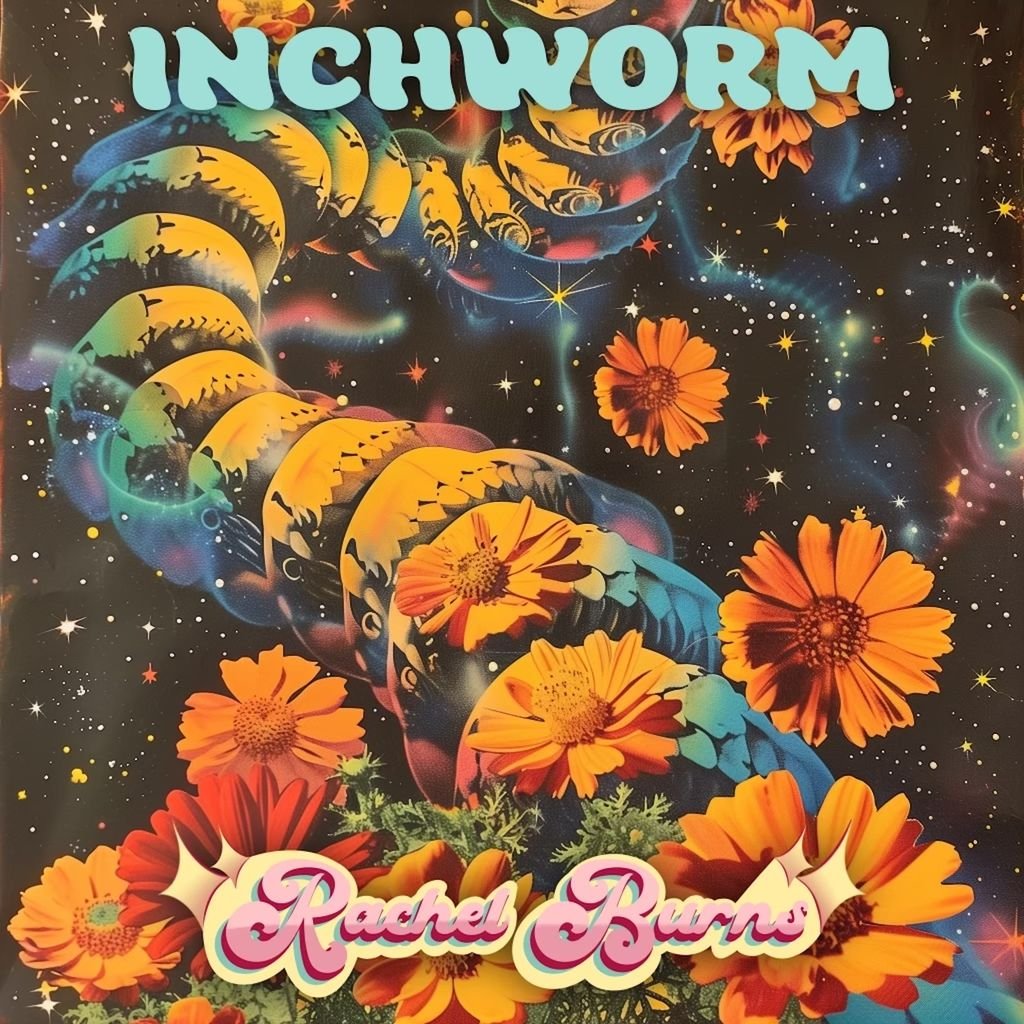RACHEL BURNS: UNGOVERNED, LYRICAL, WITH A PINCH OF HUMOR
Rachel Burns is a singer, cancer survivor, and ungoverned woman.
Using humor and satire, Rachel delivers uncomfortable truths about the expectations foisted upon womxn and girls. Her sound overlays experimental pop on jazzy undertones with a wide range of stylized vocals. Often bringing “pop” to Marry Poppins-esque storytelling for the rebellious girlie in all of us.
It is something to experience!
Her new song, Inchworm, was released on April 19, 2024.
Rachel Burns sits down for an interview with Femme Fatale DC’s Briget Heidmous:
RACHEL’S STORY
FFDC: Rachel, we know you’re on a mission to raise awareness around breast cancer while advocating for women’s empowerment. Where does this come from?
RACHEL: I am a breast cancer survivor of 10 years, a businesswoman for 25+ years and a Mom for 15 years. In all of these roles, I have experienced life of a woman from different lens and experienced how woman are overlooked and undervalued in our society and the unequal balance that we as women have to face daily. I want to give a voice to these inequalities and that is reflected in my cancer and women empowerment advocacy and in my songwriting.
F: In your song, Triple D’s, you reflect on the advice and expectations, both subtle and overt, placed on women to make them “good.” What often-given advice (for women and girls) do you find most problematic?
RB: Triple Ds (Demure, Diminish, Defer) is all about masking ourselves to fit the mold of a typical “woman” that society would accept in order to navigate the turbulent waters of expectations that are placed on women to get ahead. Another more overt narrative of the song is from the perspective of “aunties” cluing in their niece on how to land a man. The songs has many layers, but I decided to write it in this fashion to also illustrate how women are conditioned in our society to also direct each other to “play the part” even if it costs us in the end.
F: What advice or expectations did you internalize as a girl that you are now subverting through your music?
RB: I actually had very progressive parents with non-traditional gender roles. My Dad was the stay at home parent, my Mom was the breadwinner. They were feminists and always encouraged me to be independent, think for myself, and make my way in the world. I think that my upbringing gave me a perspective that was outside of the box, and because of that, I have been able to see the world from both inside and outside the box. I experienced a lot of sexism in the wider world, however, probably because I was taught it was normal to be a strong woman and was always taken aback when people told me I couldn’t do something or spoke down to me because I was a woman. I started as a businesswoman at age 19, and the world certainly taught me a lot about limitations as I navigated that world at such a young age.
F: What about your story do you feel most empowers women, and how can they use that in their own lives?
RB: Resilience and Hope. Life can put all kinds of obstacles, tragedies and dead ends in our way. But if we want to live our best life, we need to be able to bounce back and see the hope in the darkness. Don’t give up. Keep going.
ABOUT THE MUSIC
F: What musicians, musical movements, and eras do you reference most often in the compositions and presentations of your music?
RB: I have so many influences I take from! I was a trained opera singer who sang jazz and blues until about 6 years ago when I started songwriting. I love big voiced singers with big personalities: Dolly Parton, Nina Simone, Ella Fitzgerald, Billie Holiday, Aretha Franklin, Tina Turner, Amy Winehouse, Norah Jones, Bette Midler, Blondie, Janis Joplin to name just a few!
F: We’re curious: in what ways do irony and comedy intersect with your messages of women’s empowerment?
RB: I love weaving messages of truth through comedy and satire. I believe that most truthful messages are better received by a wider audience with comedy and laughter. I look at my messaging as a court jester, but I also bring in a serious song or two that goes straight into the heart of my messaging. For example, my album What a Nasty Woman is mostly filled with satirical songs-but sandwiched into the middle of the album is my more direct and heartbreaking song, Pollyanna’s Lament. I love irony and comedy because in a joke you can place many layers of truth for the listener to discover themselves, from their perspective—when they are ready to hear it.



